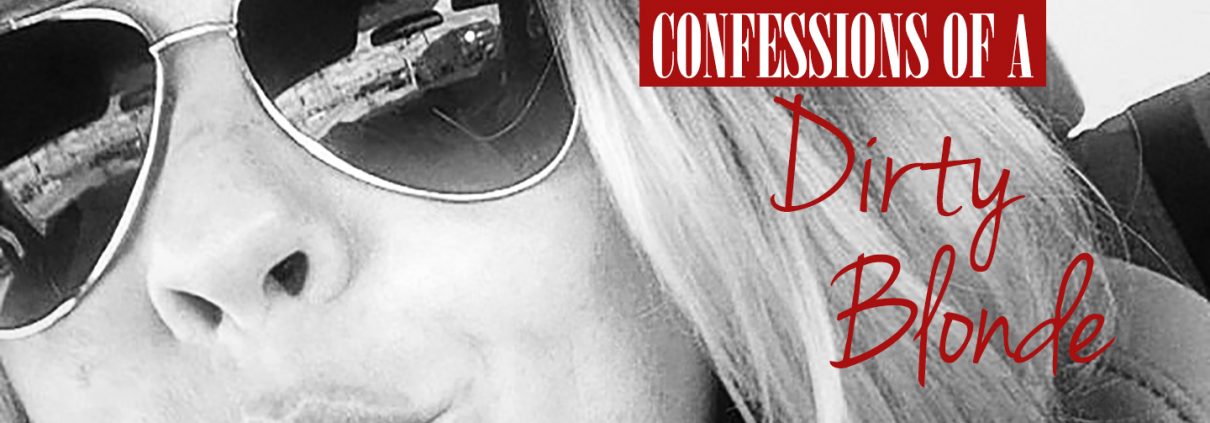Everyone starts somewhere, and it’s never where we want
We’re talking about switching gears, making money and valuing yourself.
When I started coaching writers, I was afraid people wouldn’t buy into my passion or expertise. What if I sucked? What if I didn’t earn enough to support myself?
Sure I was a long-time journalist and editor, but what if I couldn’t teach?
My doubt showed in my pricing. I launched my site and sold one-month packages for a measly $429, including unlimited editing. Of course, it worked. But I barely made enough to eke by. Eventually, I bumped it up to $629.
If you’ve never edited and coached writers, let me just pause right here and tell you: it’s a shit ton of work.
So yeah, I was making money doing something I loved. I had plenty of clients and many more who wanted in. It was great.
The thing that wasn’t great? Working 80 or more hours each week and still scraping change to buy groceries. Talking to clients every Saturday for more than a year straight, and spending every Sunday editing. Staying up late five nights a week to meet deadline.
Here’s the thing:
I started coaching writers because it was what I thought I knew best. And my clients validated my worth. What I didn’t anticipate was how much more qualified I was for other endeavors too.
But the most curious part of it all began when my dream shifted. When one piece of the puzzle didn’t fit anymore.
After seeing my success online, friends and family asked for marketing and social media tips. How can I get there too?
I wanted to tell them. I knew exactly what they could do to reach their potential. But I was so damn busy with writing clients, I didn’t have time.
So I upped my prices again.
Instead of working with so many people that I couldn’t stop to eat dinner with my family, I allowed myself to focus on the people who really wanted and needed my services. And freeing up time during the day meant I could answer questions for busy entrepreneurs, too.
That’s when I started taking courses online, digging further into what it meant to be a truly great coach.
The similarities between coaching writers and entrepreneurs are interesting. It’s hard for everyone to see their own problems because we’re too attached to our skills and programs.
Sometimes, what you’re really paying for in a coach is someone to point you in a direction you’ve been meaning to go anyway. (Tweet that.)
The pull from writing to business became too obvious to ignore: If other people saw my strengths, it was time for me to put on my big kid, no-more-fuckery pants and do this damn thing.
My writing clients now pay for intense three-month packages ranging from $2500 to $7500, practically seventeen times what they paid originally. But this isn’t about what I earn. It’s about how investing in yourself – taking yourself seriously – can transform your life.
And it doesn’t happen overnight. When I first launched those writing packages, I earned $212 in the entire month that followed. It takes time to transition, for your audience to see you are serious about what you do and who you want to work with. The following month, I saw my first five-figure profit.
In the end, people pay for a result. And they don’t care if it takes you 100 hours or 10 minutes. It’s something they cannot do on their own.
So now I’ve freed up time to work with entrepreneurs, making both writing and business coaching fresh and interesting.
I hired two new writing coaches and two editors and I have a brilliant team of women who keep me on track. This allows me help YOU get back on track too.
Want to know what happens when you understand your value? The world shows you what you’re worth. (Tweet that, too.)
This is about valuing yourself for what you provide and putting your money where your mouth is.
If you have a dream and the drive to make it happen, you’re going to get there. That doesn’t mean you won’t need help. Trust me, I know.
Still, it’s time you start asking yourself if you’re serious about your dream.
Because I started from the bottom too.


